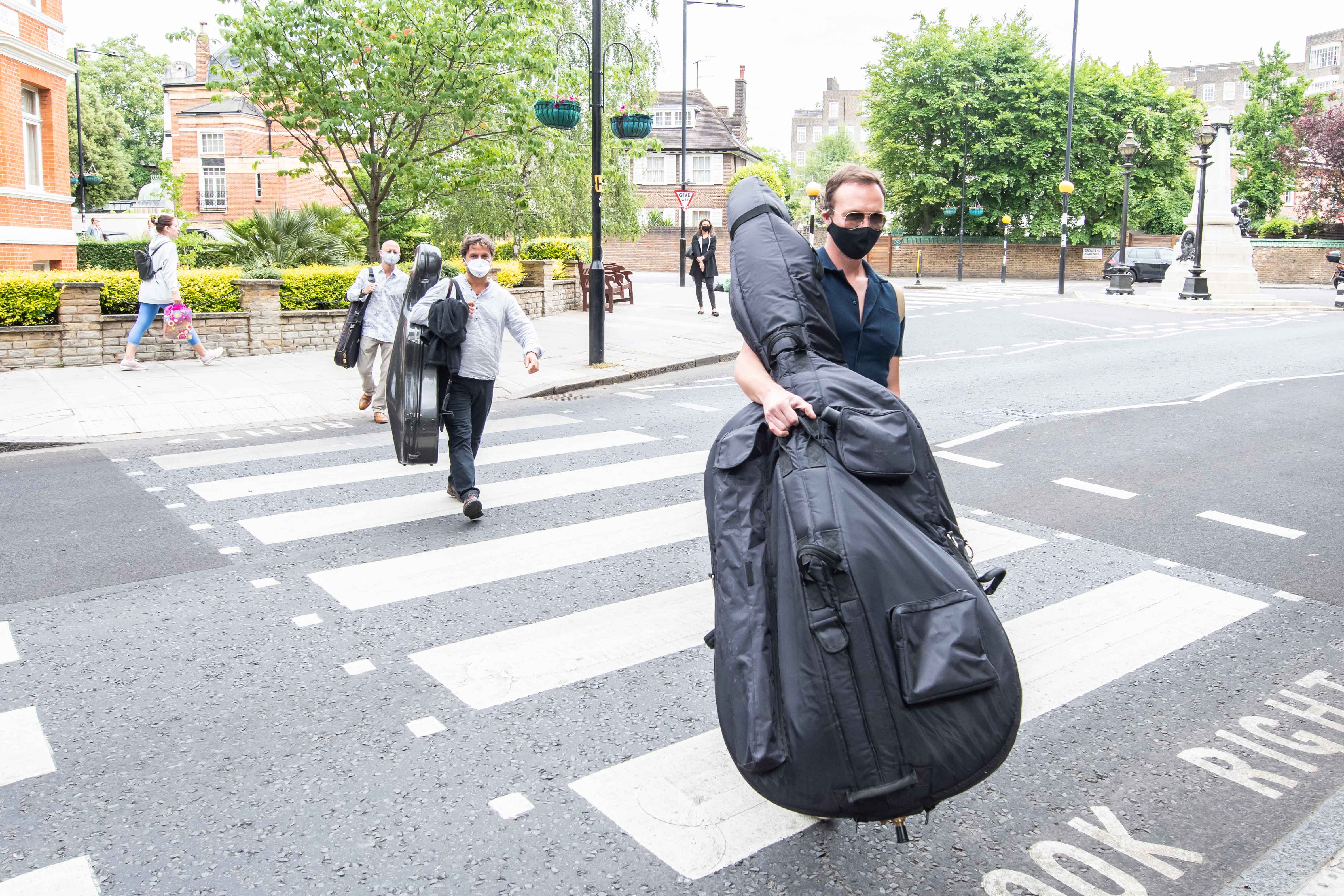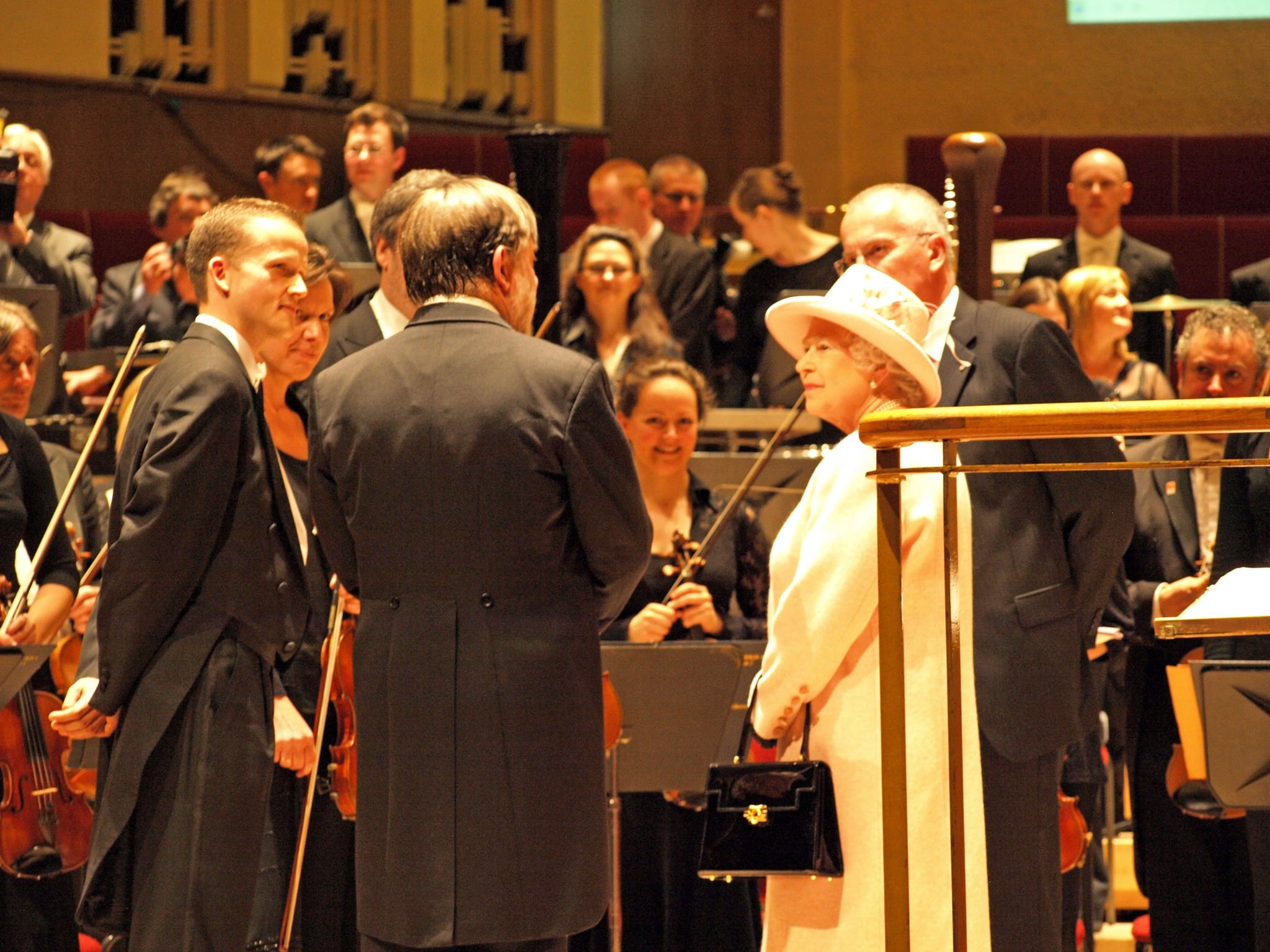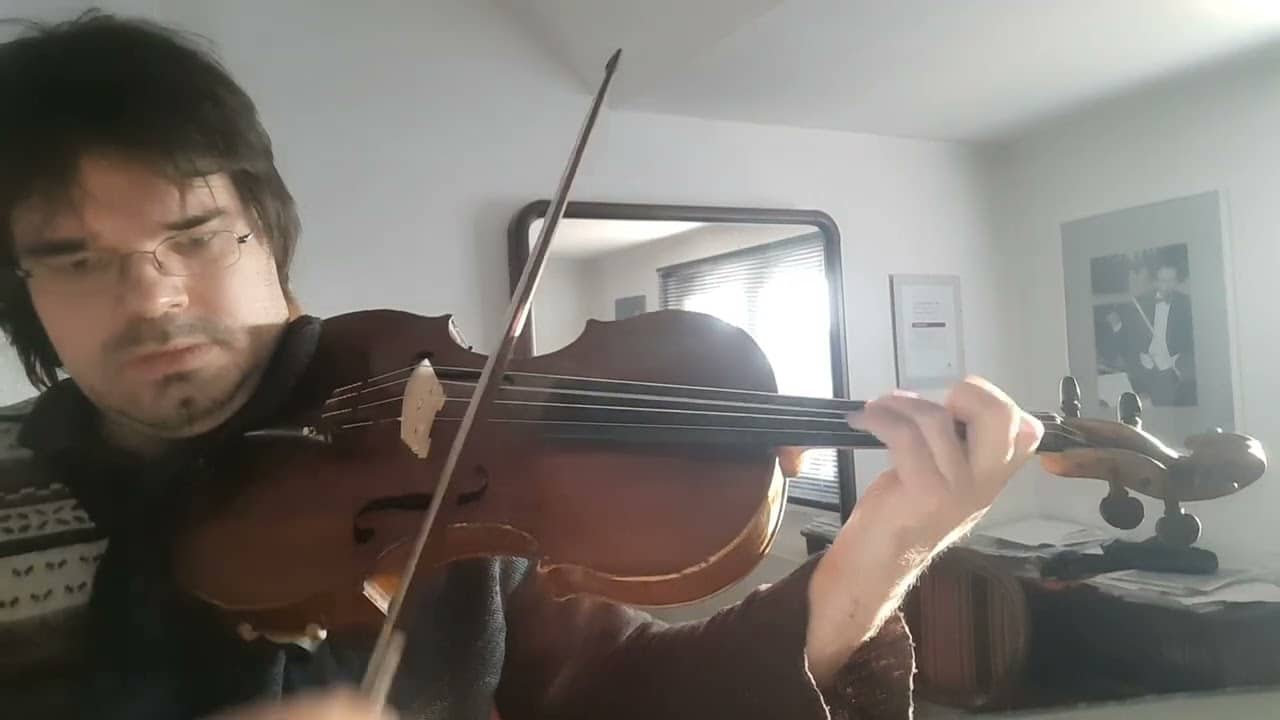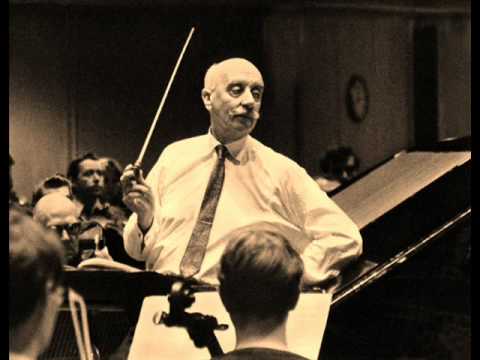Rights win: Orchestra players will be listed in new recording metadata
NewsThose are the new rules, starting now. The UK music industry was strongarmed yesterday by the government to improve music streaming metadata along with royalty payments to all performers.#
Here’s the small print:
In the era of digital music, good quality metadata, which describes who contributed to a track’s creation and how, is essential to making sure music makers are accurately credited and paid.
But metadata is often not as accurate or complete as it should be, in particular in relation to songwriters and their song or composition. Incomplete or inaccurate metadata can lead to significant delays to creators being paid for the use of their works, and in some cases not being paid at all.
The UK industry agreement on music streaming metadata sets out a positive commitment from players across the music streaming industry to improve metadata on music streaming services in the UK. It includes:
a shared ambition to progressively improve metadata in new recordings and consistent crediting on streaming services over a two-year period
agreement to take steps to ensure a core data set is associated with all new recordings
agreement to follow and promote good practice in industry
agreement to establish and support expert working groups on education and technical solutions to drive forward further improvements during the two-year period
The voluntary agreement is the work of an IPO-chaired working group of industry experts, who met throughout 2022. It forms part of the government’s programme of work to address issues identified by the DCMS Select Committee’s Inquiry into the Economics of Music Streaming.
The full metadata agreement including annexes can be found under the documents section.
UK signatories to the metadata agreement include:
Association of Independent Music (AIM)
British Phonographic Industry (BPI)
The Digital Entertainment and Retail Association (ERA) on behalf of its digital music service members (“DSPs)”
Featured Artists Coalition (The FAC)
Hipgnosis Songs Fund
The Ivors Academy
Music Managers Forum (MMF)
Music Producers Guild (MPG)
Music Publishers Association (MPA)
Musicians’ Union (MU)
Phonographic Performance Limited (PPL)
PRS for Music






Google is not on the list, despite YouTube being a major website on which recorded classical music is disseminated. YouTube appears to have no mechanism (other than the automated ContentID system, which is not very reliable, not very detailed, and fails to take any account of recordings that are not already in the corpus of one of the big aggregators of commercial albums released by record labels) for content uploaders, listeners, or rightsholders to provide clear and accurate metadata on performers, composers, arrangers, editors, typesetters, &c. You would think that a big multinational corporation could make this work, at least to the extent of crowdsourcing uncontentious/undisputed metadata from people willing to provide them…
Presumably singers as well as orchestral players?
I totally support everyone getting their royalties, but:
Good luck, for this will be a total mess:
-on track 1, there will be ‘X’ number of players
-on tracks 2-4, there will be ‘Z’ number of players
-on track 5, there will be ‘Y’ number of players
etc. Because pieces have different instruments and different number of players and different players.
Just think for a moment about the person submitting the metadata. – And the person reviewing the data.
Point 1: the platforms have been created for POP/ROCK music, where you usually have just 4 or 5 names to add.
That somebody is manually typing 90 names on each track (hopefully he is getting the full lists from the orchestra!) is not an easy job. Names are not enough; you should also provide extra information (addresses, dates of birth) so that the correct ‘John Smith’ gets his royalties.
In a certain country, the maximum line of players you could add for an album was 12 names.
Still, very often the metadata didn’t show up correctly. The answer was: “These classical releases are much too difficult…. Am I actually supposed to go through all these names that you have been submitting to us ??”
I am really curious how this will end up. But whatever happens, the old story will always be that labels are the “bad guys” ….
The information ( name and performer identification number) need to be embedded into the metadata of every track at the time of recording. The technology ( app and QR codes) already exist.
At the moment every performer has to manually register their performances with PPL in a far from satisfactory out-dated process.
Agreed, but for classical albums the returns will be peanuts in any case!
18mebrumarie….We refer to them as micro-payments not peanuts.
Most orchestras do not offer a pension, but several decades of service recording classical/crossover/film soundtracks result in tens of thousands of micropayments.
Would you prefer for our names not to be included in the metadata?
In the 21st century, we have a thing called online databases. Provided that those entering metadata are connected to these databases and the players co-operate (which it is in their interests to do), it should be eminently feasible. For instance, PRS members have a unique CAE number which could be used to cross-reference/verify/disambiguate names &c. Yes, the metadata compiler will need to be attentive to the details of roles and participants on a track-by-track level, and how these may get changed at the last minute… just like a fixer or orchestra manager has to monitor personnel requirements and attendance, and a finance officer has to process payments to all those players. In other words, hardly an enormous imposition. Provided that the players have an easy means of verifying that they have been included correctly after the event, this should not be a problem (as you can see in my comment further up, one of my criticisms of YouTube is the lack of any mechanism to add or amend metadata at any stage).
Observer it sounds as if you were sked to complete PPL registrations without being given the Performer Identification Codes for each musician which is an impossible task? The record label would have had them if they were a BPI member.
Addresses/DOB have no need to be embedded in the metadata just the performers name and their Identification Code.
The idea is to get rid of any manual typing….
Apps like “session ID” don’t need a typist.
https://www.gov.uk/government/publications/uk-industry-agreement-on-music-streaming-metadata/united-kingdom-industry-agreement-on-music-streaming-metadata
What language is this?
Which bit don’t you understand Kenny? Happy to help.